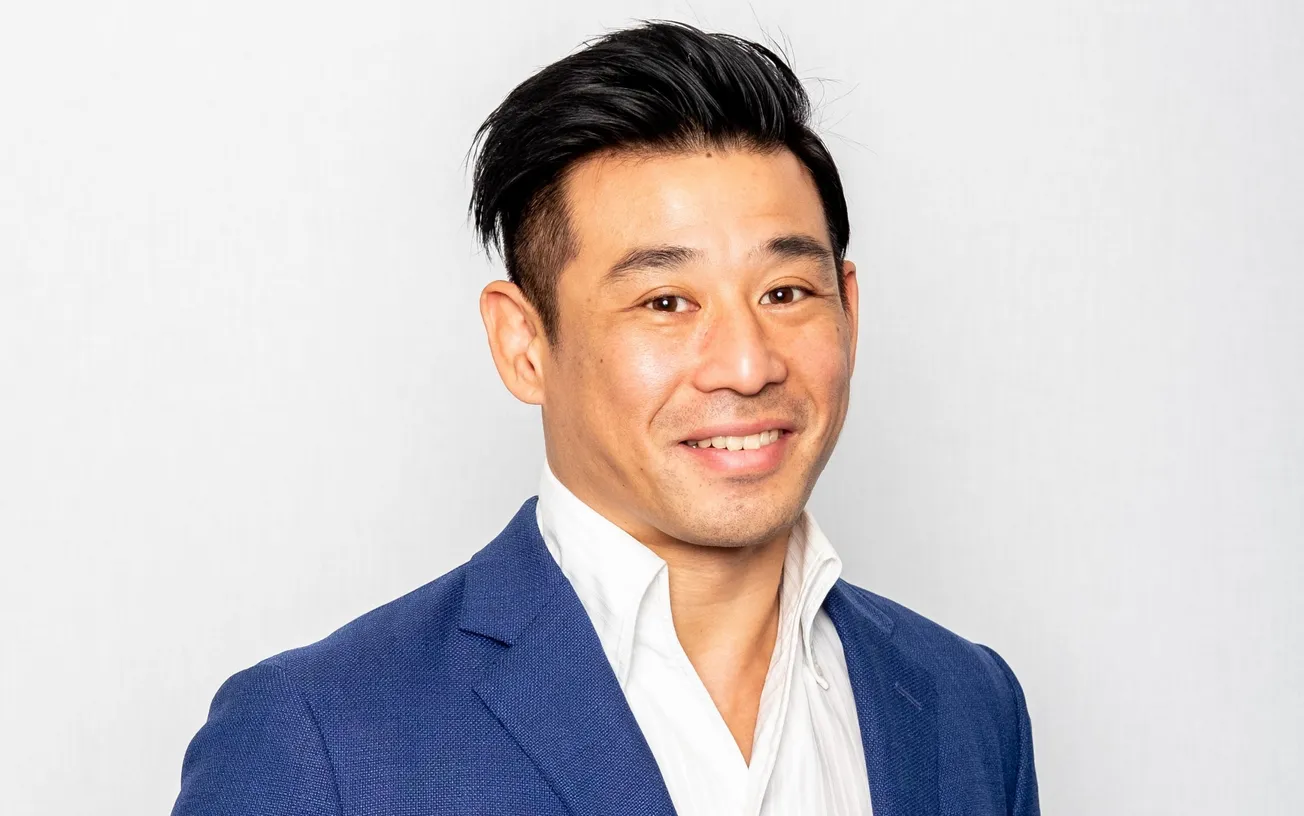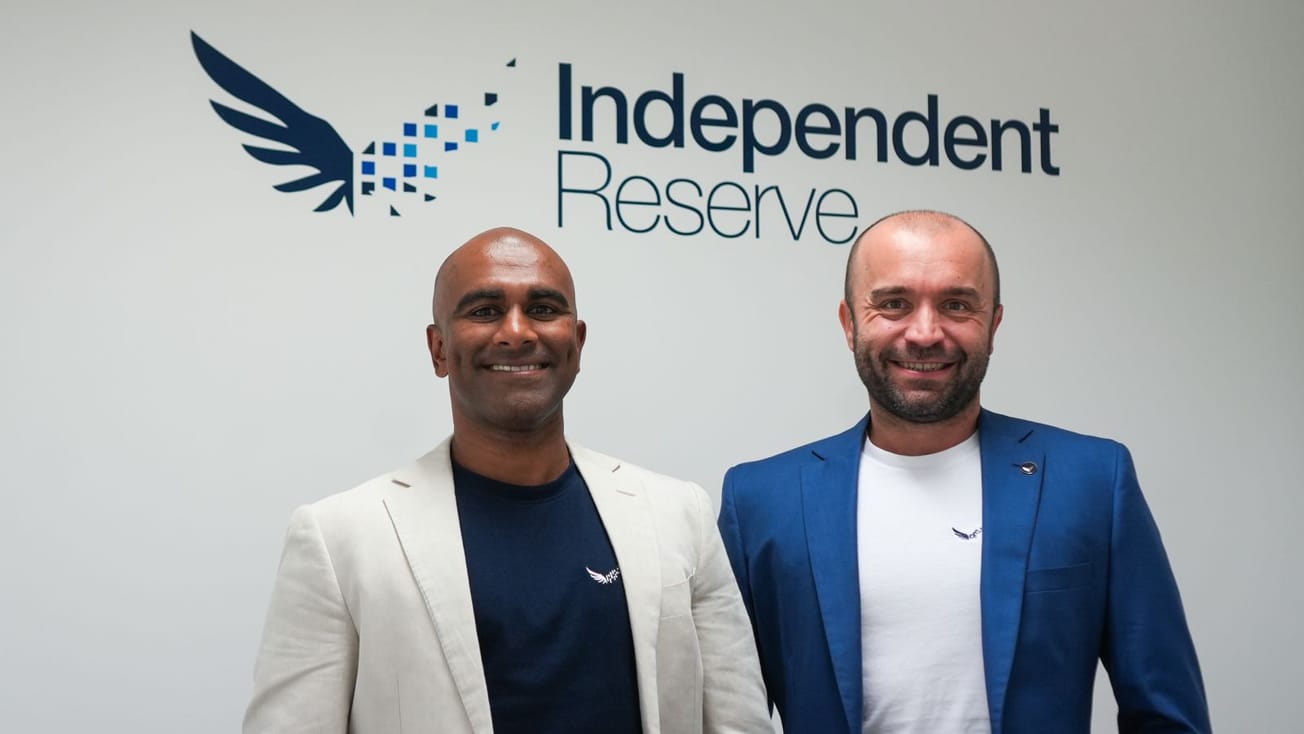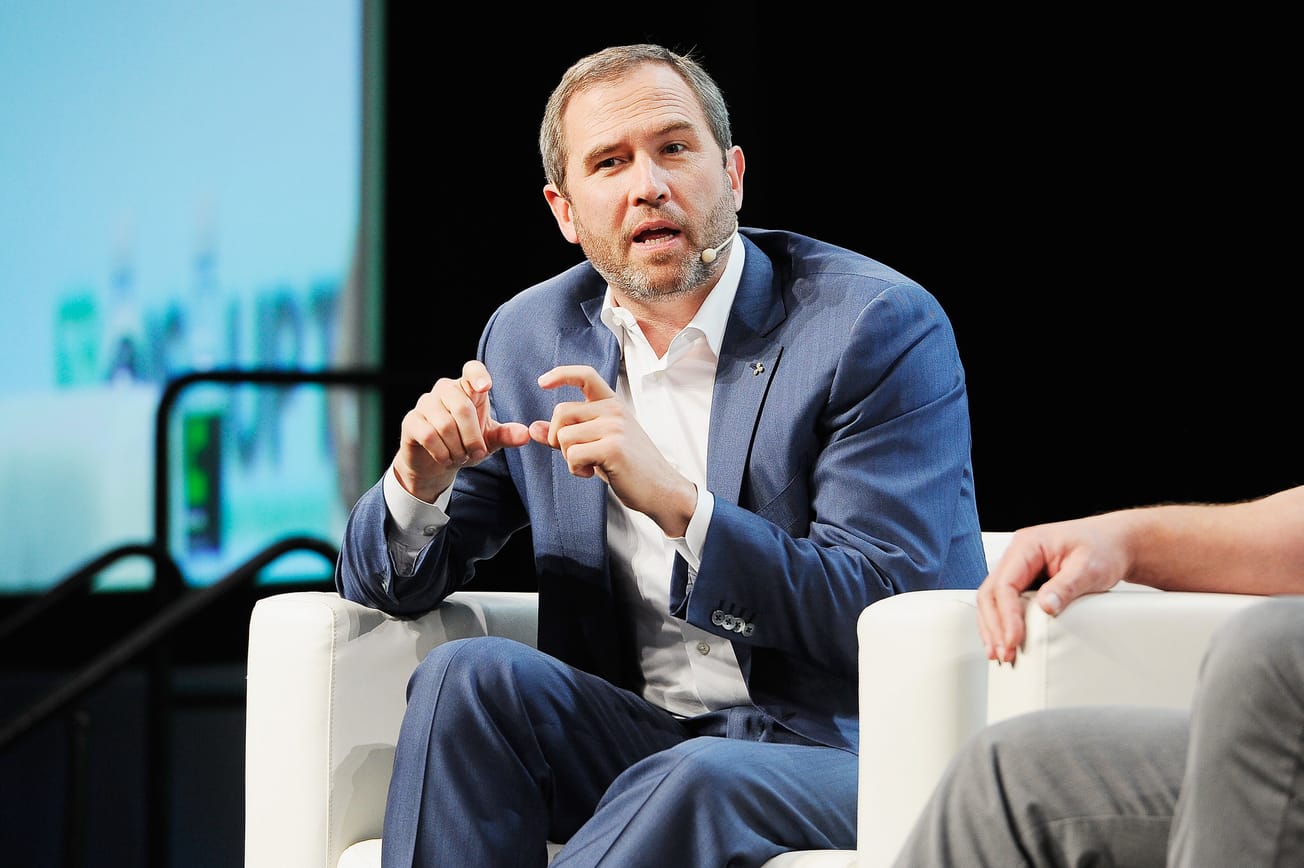Table of Contents
Amid geopolitical and economic uncertainty, there has been a growing appetite among institutional investors for alternative investments, according to London-based digital assets custodian and prime services provider Copper.co. Globally, the company's clients largely comprise hedge funds, prop shops, high frequency trading firms, market makers, with the rest being exchanges, neo-banks, family offices, VCs, and token foundations.
Founded in 2018, Copper's institutional grade infrastructure provides the underlying architecture for digital asset custody services. It raised Series C funding round in 2022, which is being used to expand its global footprint as well as enhance its product base and services, with Asia Pacific as a key market for the company.
The company has two lines of revenue: prime services and custody business, where Copper runs as a digital asset custodian, working with institutional clients to safeguard their digital assets and provide access to liquidity while mitigating various associated risks. The other line is enterprise sales, where Copper licenses its technology to financial institutions so that they can provide digital asset services to their clients.
At the core of Copper's infrastructure is ClearLoop, a product that allows clients to trade from safe custody and ensures offchain trade settlements. Integrated with market leading spot and derivative exchanges, ClearLoop is transforming the way in which institutional investors can access digital asset markets while mitigating exchange counterparty risk in capital efficient manner. The product is the first of its kind in an industry where assets are typically delivered and settled on an exchange. It is inspired by certain elements from traditional finance such as the segregation of duties between the custodian/settlement agent and the trading venue without compromising liquidity for clients.
Copper's Head of Sales APAC, Takatoshi Shibayama's recently spoke to Blockhead, where he discussed his journey in the digital assets space, the opportunities the region presents for Copper, and how it seeks to capitalize on the demand among institutional investors.
How did you end up in the digital assets space?
I used to work in proprietary investment teams at investment banks all the way up to 2008, where I invested in distressed assets using the bank’s balance sheets. But when Lehman hit, the banks had to scale down a lot of that business. So I moved over to the hedge fund side where I could continue to do such investments. In 2015. I started a hedge fund with a partner of mine to invest in value opportunities in the Japanese equity space. That fund went from US$200 million AUM when we started to around US$1 billion when I left.
My journey in crypto really started in 2016, when I was moving back from Hong Kong to Singapore. At that point, I’d always invested about 10 percent of my savings into gold but after moving from Japan to Singapore and then Hong Kong and then back to Singapore again, it just didn’t seem practical to constantly have to move bullion across borders. I thought, “If only there was a digital version of this…”
I wanted something that really represented gold but in a digital format, so I did some sort of digging around the internet and I came across Bitcoin, which I remembered from back in my hedge fund days as I had a gym buddy who got a job at a crypto exchange. Back then, what he was telling me about cryptocurrencies didn't really resonate to me. But this time around, I looked closer at its mechanics and fundamentals, and it really just clicked with me – its use case, not just only as “digital gold” or a store of value, but for transfer of value across borders.
I saw a huge use case in money transfers across borders and as a store of value for people in countries that are experiencing hyperinflation or have capital controls. I thought well if these people can actually store their assets and cryptocurrencies and also be able to transfer it out of the country, that’s a massively great use case. I bought my first bitcoin and started dabbling in this space and eventually left my hedge fund because I thought, “This is going to be the next big thing!” Then the opportunity to work for Copper made its way to me in February 2021.
How does the APAC region fit into Copper’s business development goals?
I see the institutional Investment space starting to open up a little bit. Our clients are generally institutional investors – around 80 percent – and in this region, obviously there's a lot of money. But institutional investors are generally very conservative and we didn’t get much traction in the beginning. Many of these investors say they want more regulation around trading cryptocurrencies before they enter the space, and slowly we're starting to see more of that coming along, especially in Singapore.
We're starting to see macro hedge funds starting to come into this space, and I see a huge potential for cryptocurrencies flourishing in this region because of its payment and remittance use cases as well.
There are also many “super-apps” that have the potential to become like a digital bank and have a cryptocurrency as a payment option. Copper is able to underpin the back end technology to allow for funds to come in and out of their wallets for their retail users.
What's the current interest in digital assets like among family offices?
There's a broad spectrum of how they want to get involved in digital assets. A lot of them are interested but the level of sophistication of their operations really defines what they can really do. There are some that want to have some action in the space and they start out by allocating capital to hedge funds to see what kind of returns that they can get out of this. And then they gradually get into it and start considering an external asset manager to manage some of their funds. Once they get really interested they'll start hiring their own traders, EMs, and portfolio managers to run the strategy for them.
In this region, many family offices are still in their early stages but they will certainly get more sophisticated over the next few years. Now, I’m starting to see family offices spin out their own digital asset strategies.
How does Copper come into the picture then?
In terms of helping their operations, Copper has a product called ClearLoop, which allows our clients to virtually place balances on exchanges without having to pre-fund exchanges. This mitigates exchange counterparty risk and increases capital efficiency. You've seen time and time again exchanges blowing up and owners running away with the money, so pre-funding money into an exchange poses an extremely high risk.
So what Copper came up with is to bring that traditional infrastructure of proper segregation of duty, which works, and apply it to the digital assets space. ClearLoop is integrated with exchanges so clients can safely store their assets in our custody, and through our system, they can trade on exchanges without having to prefund their accounts or use the blockchain to move funds. This means they don't have to pay gas fees or wait for network validations, which increases their capital efficiency. And most importantly, ClearLoop mitigates counterparty risk, and clients are not fully exposed if the exchange blows up.
I believe that this product is the way forward and I’m seeing a huge surge in demand, also from the buy side and exchanges, who understand the value of this product we've been preaching for about three years now and want to get this integration going.
How has the crypto market’s downturn affected interest?
Among institutional clients, interest in digital assets hasn’t diminished at all, and the various clients or crypto projects I’ve been speaking to are still quite bullish.
Obviously, they’re waiting for the dust to settle a bit in order for them to attract capital, and, and build a bigger and stronger positions, but the momentum hasn’t died at all in my view. I’ve not had anyone come to me and say that crypto is dead, aside from the people who still shame me from moving over to this industry.
What’s the next stage of growth for Copper in the region?
Institutional investors are starting to really have an interest in digital assets, and there's strong momentum, particularly among those wanting to capitalize on the volatility. So for us, the priority right now is to grow bigger and have more exchanges on ClearLoop. We're going to have a full lineup of Tier 1 exchanges, which will enable investors to gain more exposure to digital assets because they don't have to take on the counterparty risk with these exchanges.
The next evolution of crypto is actually taking the great parts of traditional finance and use that to build a safe environment for people to trade in this highly volatile asset class. We want ClearLoop to become the standard for any institutional investor to trade cryptocurrencies.
DeFi (decentralized finance) is another angle that our customers are starting to kind of look at. I personally feel that’s the way forward, however, for the institutional investor, this bring a lot of exposure risk. Other hurdles include a lack of understanding about smart contracts and the value proposition that DeFi presents. Recent events have put the spotlight on centralized exchanges – that's where the failure lies. There's nothing wrong with CeFi if it's done properly. So it might be a combination of both going forward.
Related: Video: Blockhaus 2022 – TradFi’s Budding Romance With Crypto
Takatoshi Shibayama is the Head of Sales APAC for Copper.co, a digital assets custodian and prime services provider. He provides institutional clients with a secure way to access the world of crypto investing. Prior to this, he was an analyst and investor of distressed corporate situations for 17 years, starting his career with investment banks such as JP Morgan and Goldman Sachs, later joining a US hedge fund Davidson Kempner Capital Management, and co-founding 3D Investment Partners in Singapore, with nearly US$1 billion in AUM.
This article was produced in collaboration with Copper.









